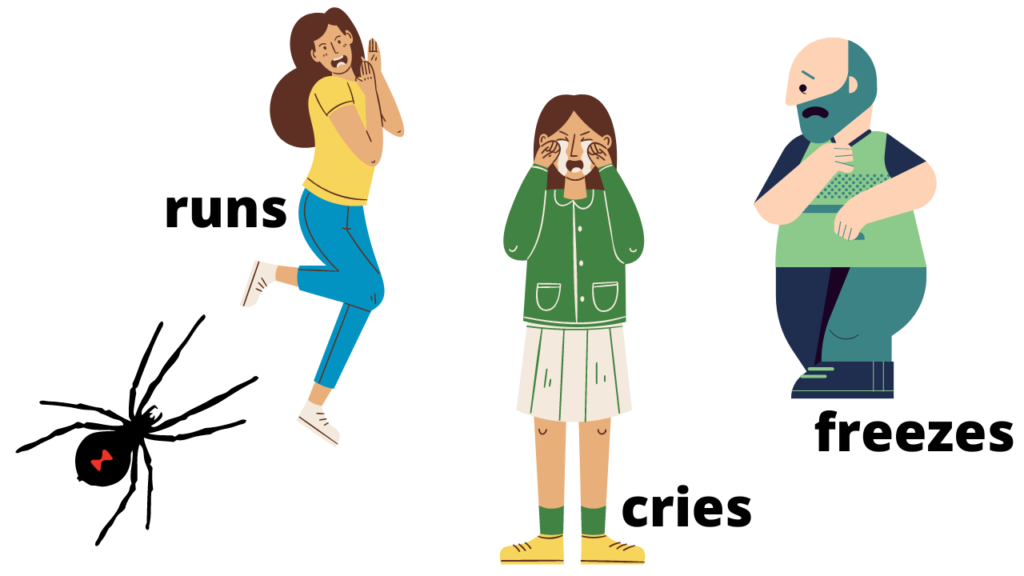When I have my initial consult with separation anxiety clients, without fail, people ask some variation of “how severe is my dog?” or “is the worst case you’ve seen?” By this point in the consult, we’ve already discussed how training pace is always set by the dog but as humans we live in a fast paced world where we expect immediate gratification and overnight deliveries. It’s hard for us to accept that we can’t make training or success go faster. And when a client asks “how severe is it?” they’re really asking, “how long will this take the fix?”
But here’s the thing. How severe it is, doesn’t change the prognosis, outcome or the time it takes to resolve. The pace is still set by the dog. We cannot look at a dog with anxiety and say with certainty that one dog is more severe or worse than another dog. It’s normal for us to assume (and it is just an assumption) that a dog who self-injures is more anxious than a dog who is a silent sufferer who maybe paces and drools quietly. But without testing things like cortisol levels, heart rates and other physical responses the dog is having, we’re just assuming. And for training purposes, it doesn’t really matter. A dog with anxiety, no matter what level, still needs help, relief, training and often medication intervention.
Let’s think about this in human terms. If three people are afraid of spiders and I present a spider to them and one runs away, one cries and one freezes in fear, which of these three people is the most afraid of spiders? Again, without testing things like cortisol levels, heart rates and other physical responses, we don’t know. We can only assume based on our own interpretation of anxiety and stress.
I strongly encourage owners to not make assumptions on the symptoms they’re seeing. A dog who paces quietly is anxious. A dog who barks is anxious. A dog who scratches or chews at the door is anxious. A dog who self-injures is anxious. And all these dogs need relief and training to help them. Severity of symptoms doesn’t change prognosis, how likely they are to take to improve or how we proceed with training.
For more information on separation anxiety check my page here. You can also download some free separation anxiety resources here. If your dog has separation anxiety, you both deserve some relief, so schedule your initial assessment today!
Happy training!
![]()





